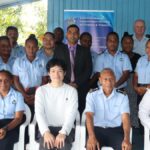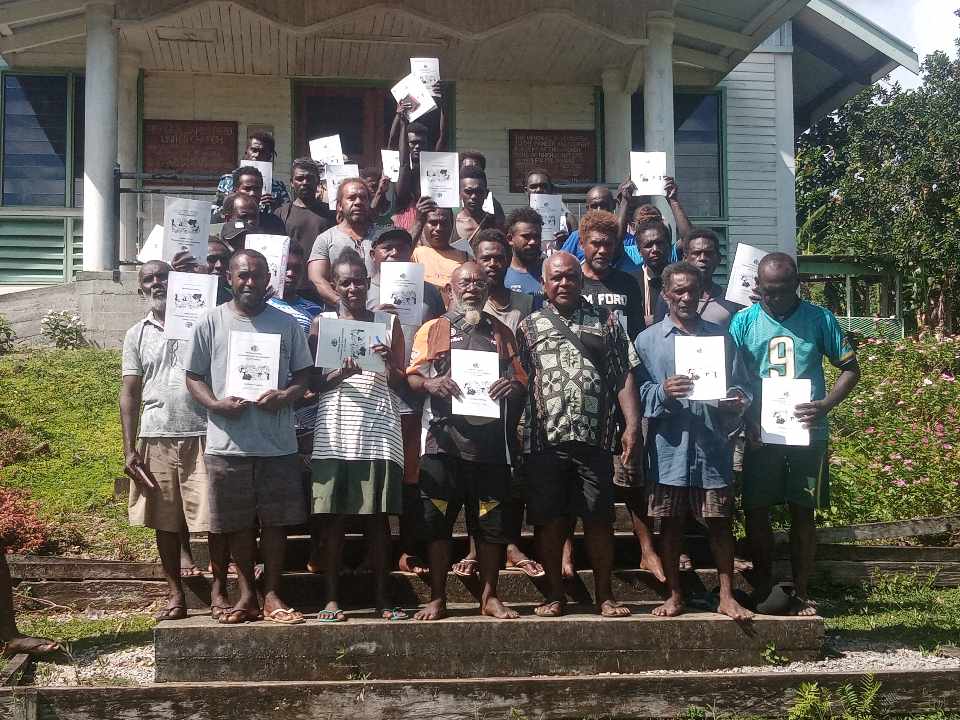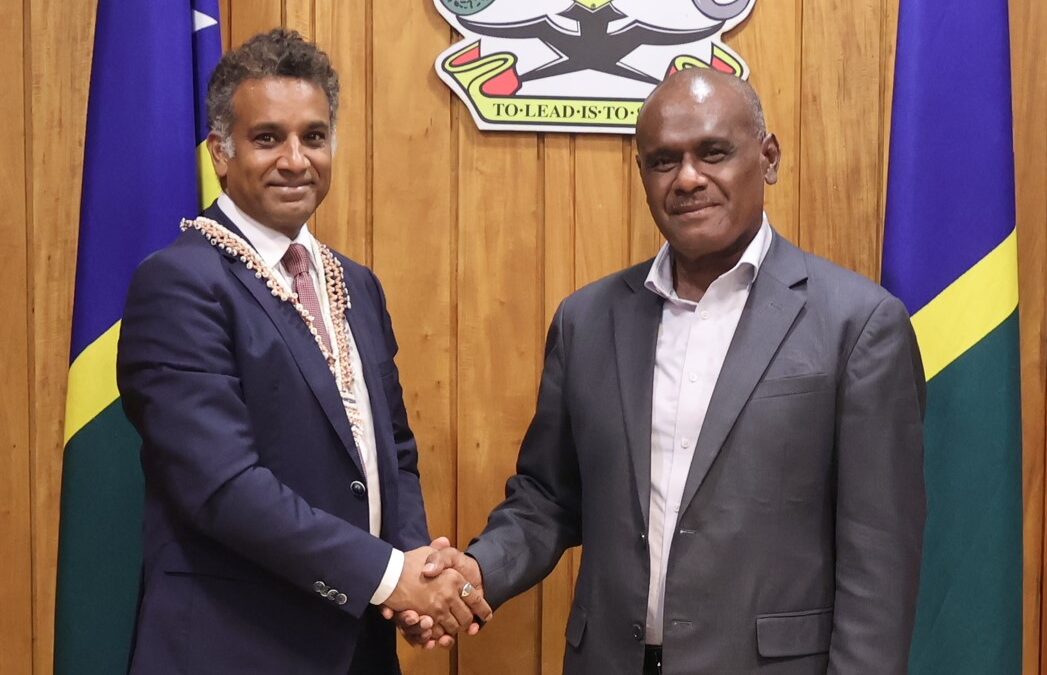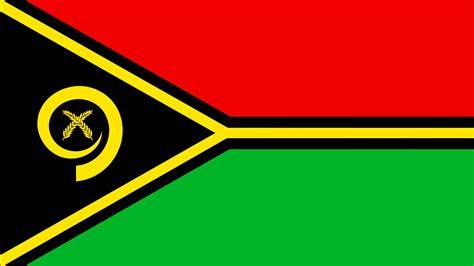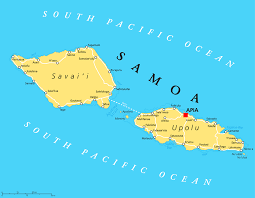Participants attended the Pienuna CLTS Training
THE Community-Led Total Sanitation (CLTS) Training for Rannogah Volunteers reached its successful conclusion on Rannogah Island on February 2, 2023.
The training sessions were conducted at two distinct locations, namely Pienuna Village in Central Rannogah and Buri in North Rannogah.
Facilitated by Erick Hale an Officer from the United Nations International Children’s Emergency Fund (UNICEF) and an officer from Guadalcanal Provincial Government Health Department, Mr Nataniel Salini.
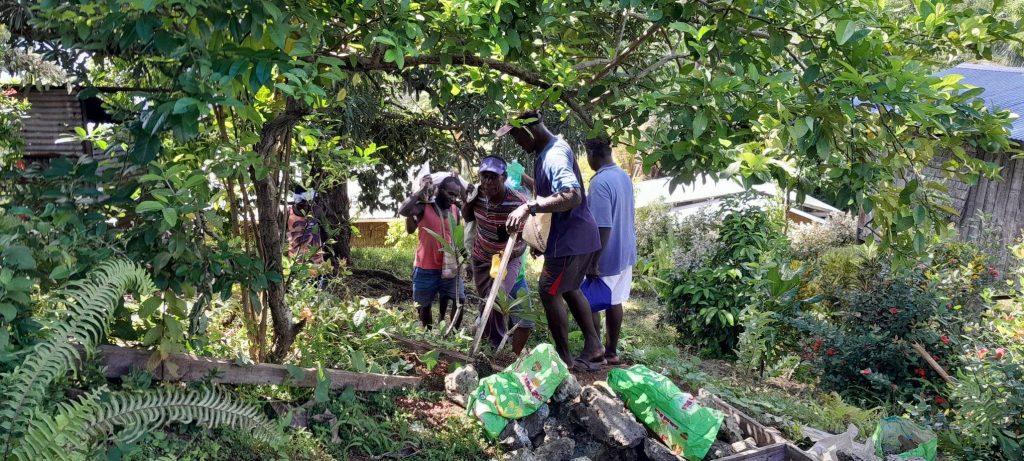
About 32 volunteers participated in the training at Buri, while an additional 32 attended the Pienuna Training session.
Rannogah ADRA staff including two ADRA staff from Vela helped during the training at these training sites.
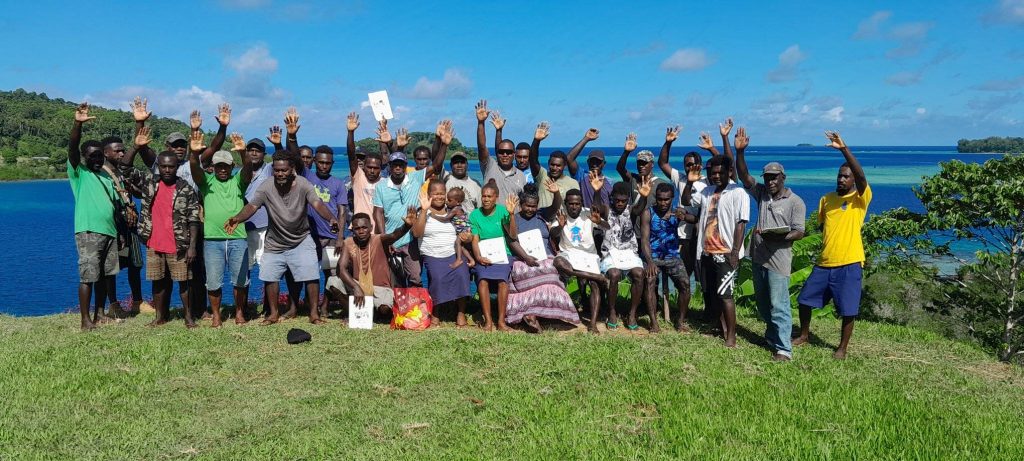
CLTS is an approach designed to assist rural communities in comprehending the adverse effects of poor sanitation and empower them to collaboratively devise solutions for their sanitation challenges. Unlike conventional approaches that focus on constructing toilets, CLTS aims to instigate a behavioral shift towards improved sanitation practices.
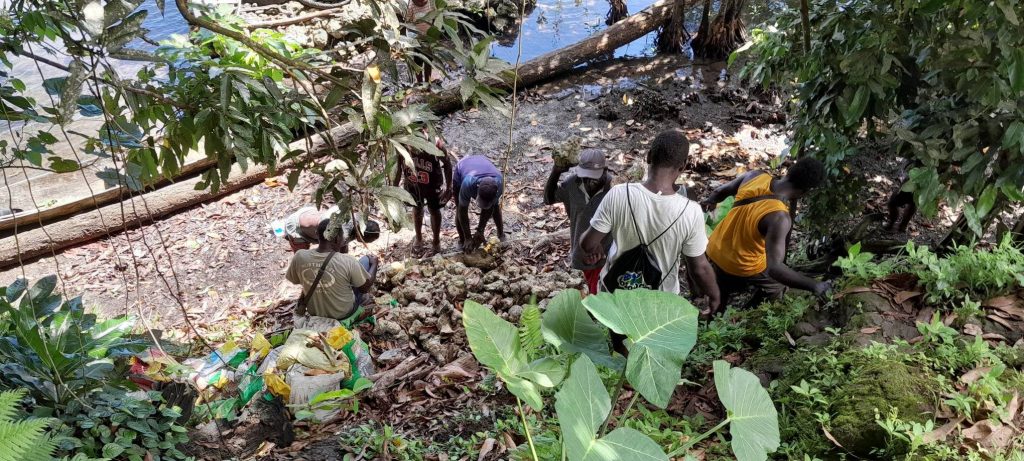
Jason Boso, the Project Coordinator for the Adventist Development and Relief Agency (ADRA) on Rannogah Island, revealed that the training commenced on Monday, January 29, and concluded successfully on Friday, February 2, 2024.
He said Mr Nataniel Salini facilitated Training at Buri Village while Mr Erick Hale facilitated training at Pienuna Village.

Mr. Boso explained that the training included practical exercises such as conducting pre-triggering, triggering, baseline surveys, and hands-on guidance on installing Satopans toilets using molds.
“The overarching goal of the training was to educate volunteers on implementing CLTS and the RWASH policy, underscoring the significance of technical support from the ADRA Team for successful project implementation in their villages,” stated Mr. Boso.
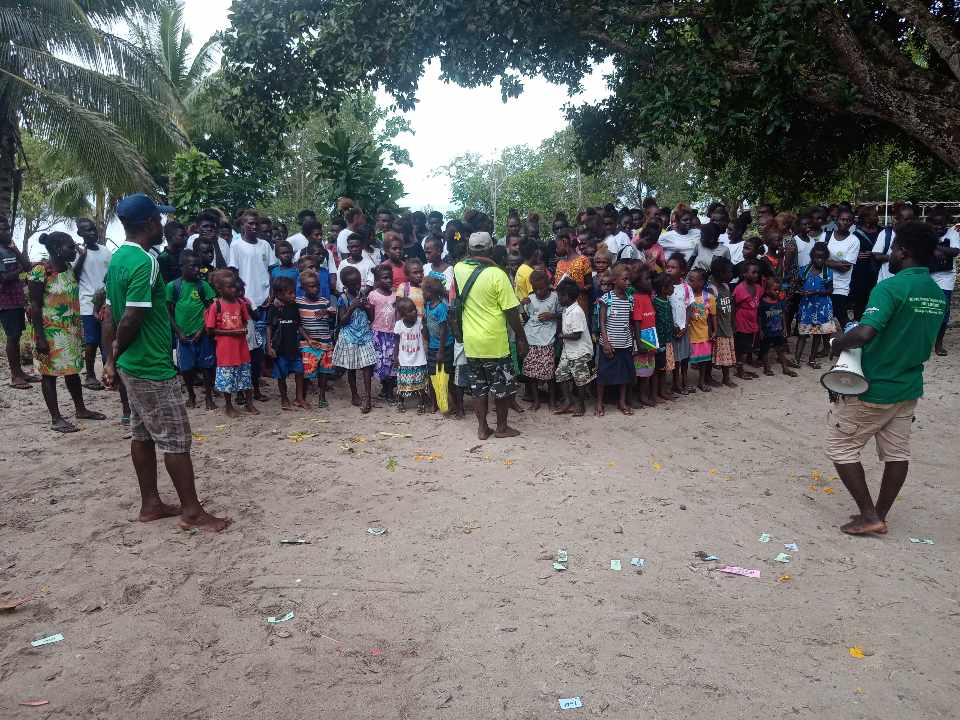
Funded by UNICEF and implemented by ADRA Solomon Islands across Rannogah, Vela, and Kolobangara for one year, this initiative is part of the second phase of the National Sanitation and Sustainable Practices (NSSP) program.
The program aims to enhance the delivery of sustainable sanitation services at both provincial and national levels, fostering improved hygiene behaviors within communities.
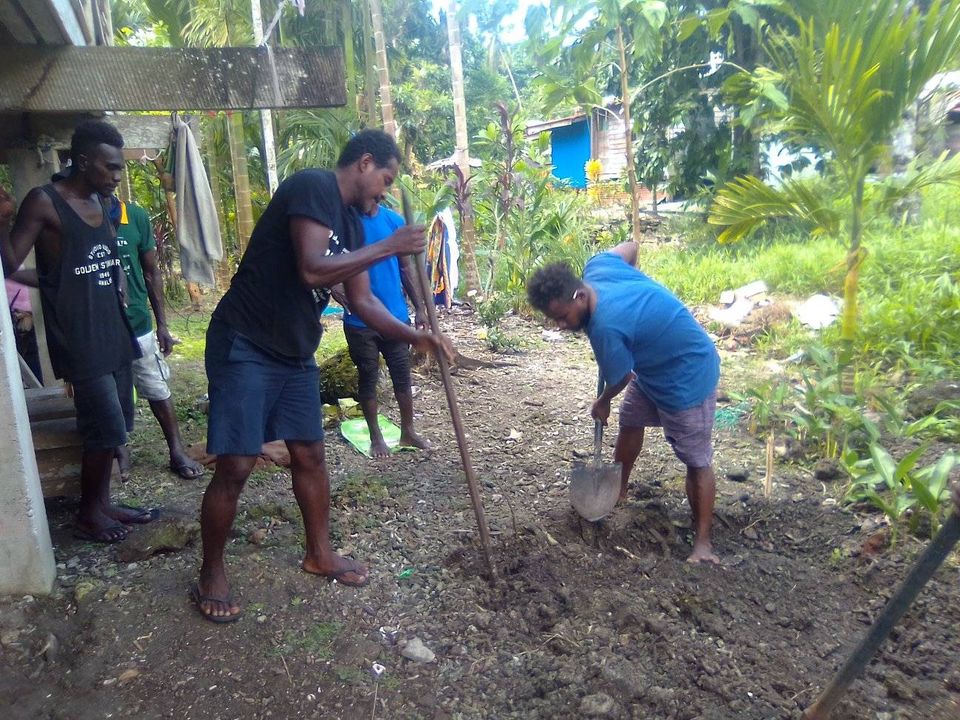
This phase prioritizes a community engagement approach, utilizing CLTS as the entry point and complementing it with post-Open Defecation Free (ODF) follow-up visits, sanitation marketing, and communication techniques. The ultimate objective is to raise awareness and induce changes in social norms related to open defecation, ultimately achieving sustainable sanitation within the community.
STORY & PHOTOS: ADRA PRESS

